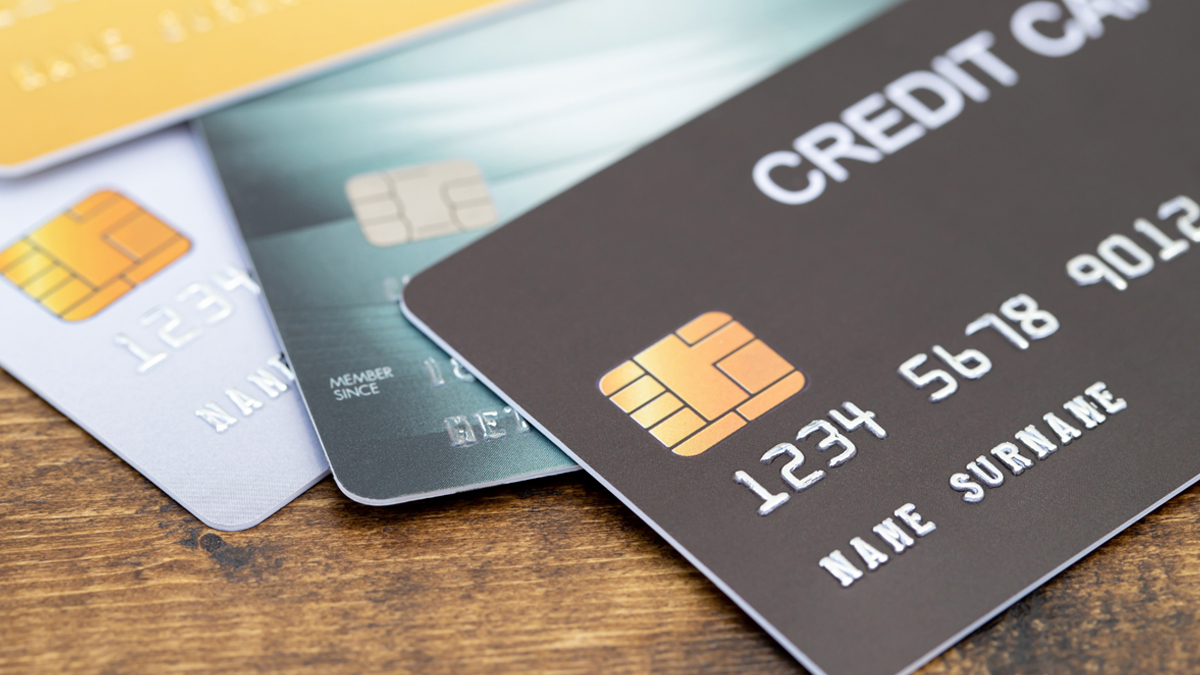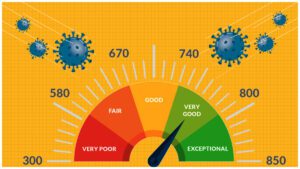Credit Cards for self-employed persons work just like any other credit card, except that a self-employed credit card application necessitates a history of regular secure income. Should you be looking for a credit card, and should be you be a self-employed person working for yourself for a while, you should not have any difficulty getting approval.
In fact if you’ve been self-employed for a while with a good credit rating, there are plenty of credit cards for self-employed options to choose from to suit your needs. On the other hand, if you’re a newly self-employed freelancer, looking for a credit card for freelancers, you might face a situation with lesser options, since you may not be able to demonstrate regular income.
If you’re a fresh freelancer after you lost your job or chose a career change, and you already have a credit card, you don’t necessarily have to tell your provider. Keeping work and personal finances separate seems a good idea in such a situation. If you’re struggling with finances at such a point of time, contacting your provider for help will be a good idea. Read further, we have a short guide to credit cards for the self-employed for you.
How to get a credit card for self-employed?
Self-employment has become a popular mode to earn bread and butter these days. Most lenders or credit card issuers do not discriminate against freelancers. Look around to make sure you have greater access to wider and more relevant choices for your type of credit card. Compare deals available from providers, and match your needs. Being newly self-employed may make the job a litter trickier than when you were in a well-settled full-time job.
How to get a credit card when at present self-employed?
Should you be running a limited company setup, which has a business bank account, you are entitled to a business credit card given the right circumstances. Your business health will not be linked to your personal credit card.
However, if you are a sole proprietor or sole trader, and you have two credit cards, one for business and one for personal, both the cards will link and affect your credit score. This score gives the provider a fair idea of your financial credibility.
In case you use your personal credit card to balance your books of business in bad times, your personal credit rating will be affected should your repayments lag. On the contrary, with good cash flows that do not affect repayments, the provider will have no reason to refuse you a credit line. Lenders are however wary about irregular incomes, and bad track records with missed payments. Consider gazing at your credit score with a view to improving and enhancing your chances of approval.
Who are the best providers?
While shopping around for a self-employed credit card, don’t be disheartened if you’re refused in the beginning. There are not many credit card providers who are not willing to offer self-employed credit cards to persons with uncommon financials such as bad credit, low income, or no credit history.
Providers often have different sets of criteria that govern approvals. Some issuers may be more interested in the flow, regularity, and security of your income, while some may interest themselves in your credit history in relation to previous debts, and missed payments. Weigh your options and consider improvements based on approval criteria.
How to reduce the risk of rejection?
Getting a credit card for self-employed can be an easy task, provided you look into each criterion carefully with a view to reducing the risk of rejection. Get a good look at your credit report entry by entry. Check with the credit reporting agencies for rectifications that will lead to the improvement of your credit rating.
Don’t go to that extent of making multiple hard enquiries, since these are recorded in your credit history; this will hurt your rating, since hard enquiries reflect your desperation for money, and lenders are sometimes wary of such persons. The credit reporting agency refers to your credit history derived from your credit reports to calculate your credit score based on your financial history. Missed payments, bad debts, etc., reduce your chances of approval. There are numerous ways to go about improving your credit rating. Consider improving your credit score.
What to keep in mind when applying?
Consider the following when you go shopping for a self-employed credit card. Read the fine print to steer clear of debt traps.
- Joining Fee and Annual Fee
Consider a provider who can give you a credit card at low joining and annual fees.
- Cancellation Fee
Most banks charge high cancellation fees. Consider not cancelling your credit card unless absolutely necessary.
- Credit Card Limit
Higher credit limits call for low credit utilisation rations, and this helps your credit score.
- Billing Cycle
Long billing cycles entail longer interest-free periods.
- Late Payment Fee
Consider paying credit card bills on time. Later payment fees are charged on payments made after the due date.
What are the Eligibility Criteria?
Most credit card providers require that you fulfil certain general eligibility criteria for a self-employed credit card. Go prepared for your application process.
- Your credit score should be over 750.
- You should have a good repayment history.
- You should meet the minimum income criteria, which differ from institution to institution.
- Your age should be between 25 and 60 years.
What documents are required for the application?
Documents as proof of eligibility are a must for most credit card providers. Equipped with the following, you’re in for a smooth ride.
- Photographs
- Aadhaar Card
- PAN Card
- Utility Bills
- Bank Statement
- Proof of Business
Simplify your self-employed credit card application process by anticipating what circumstances lead to a provider declining applications, and get going towards a better financial future. Alternatively, for your choice of credit card, visit ruloans, and call a Ruloans Agent for sound advice on 1800 266 7576 for much more than money!









